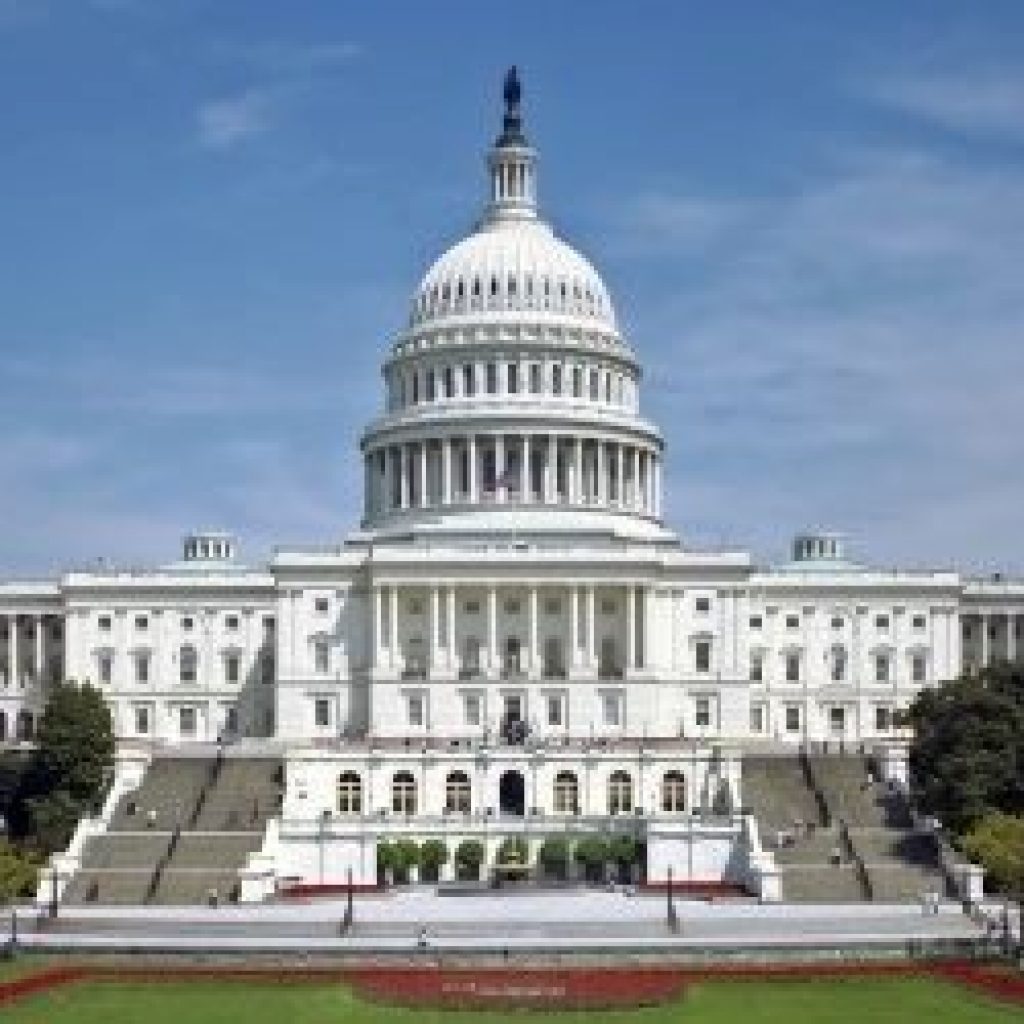(Meritalk) During a hearing of the House Government Operations Subcommittee on Jan. 20 to discuss the 13th edition of the FITARA Scorecard, Rep. Khanna said he is working on legislation with Rep. Nancy Mace, R-S.C., to ensure the Federal government can “tackle the powerful quantum computing challenges in the future.”
“The challenge is what if people are able to break encryption,” Rep. Khanna said during the hearing. “And even though classical computers can’t break encryption now, our adversaries can steal our data in the hopes of decrypting it later. It’s my belief that the Federal government needs to think about how to move our encrypted data to algorithms that use post-quantum cryptography.”
Rep. Khanna noted that both the majority and minority staff of the House Oversight and Reform Committee have offered “excellent input” for the legislation.
At the hearing, he asked Ann Dunkin, CIO at the Department of Energy (DoE), about any steps the government is taking to address this threat. “Quantum encryption is an area of great concern to us in the Federal government,” Dunkin said.
As chair of the CIO Council’s Innovation Committee, Dunkin said the committee is “addressing quantum computing and quantum encryption, and raising visibility within the community across the government,” as well as among agency CIOs.
Carol Harris, director of IT and cybersecurity at the Government Accountability Office, also agreed that “we do need to do more work” in quantum technologies as a Federal government.
Harris also nodded to a GAO report published last October that presents four major policy recommendations to “address the collaboration across industries and disciplines, as well as countries, in developing quantum technologies.”
As for when the Federal government should begin to migrate its data over to post-quantum cryptography, Dunkin recommended it do so as soon as possible.
House Government Operations Subcommittee discusses need for post-quantum cryptography
